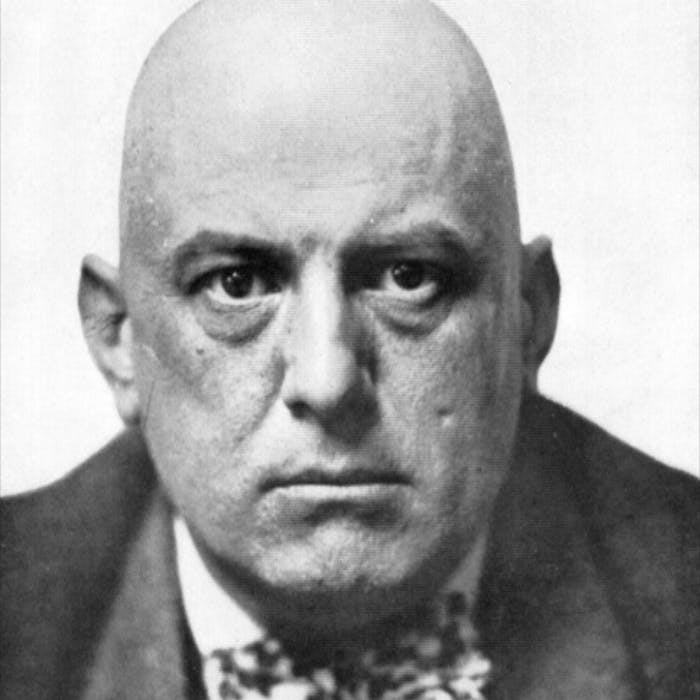
Aleister Crowley - 'the wickedest man in the world'
Aleister Crowley was an English poet, painter, novelist, magician and mountaineer - most famous, or notorious, as a perceived devil-worshipper or 'occultist' - an image that he was quite happy to encourage. He has been described as 'the wickedest man in the world'.
Born in 1875 to a wealthy family of Christian fundamentalists, Crowley rejected their beliefs and founded the religion of Thelema, which has had some influence on the modern rise of Paganism.
He gained notoriety during his lifetime as a recreational drug experimenter, being bisexual, and non-conformist – with a reputation as a Satanist – which he seemed to enjoy.
The sacred text of Thelema (supposedly given to Crowley by a supernatural entity) declared that its followers should be free to "Do what thou wilt" - a sinister invitation.
Crowley lived for a while in a former manor called Boleskine House on the shores of Loch Ness in Scotland. He chose the location to allegedly perform black magic between 1899 and 1913. Jimmy Page, the Led Zeppelin guitarist, a collector of Crowley memorabilia, latterly owned the house from 1970-1992.
Crowley was also accused of being a traitor to his country. Living in America during the First World War, Crowley had written pro-German propaganda. He claimed later to have been working secretly for the British Government, but was not believed in that, although it seems to have potentially been true!
Crowley spent his final days, in poverty, living in a boarding house called Netherwood in Hastings, East Sussex. He is said to have cursed the town. He died there in 1947 aged 72. After Netherwood ceased to be a boarding house it quickly acquired a spooky reputation and fell into disrepair and dilapidation. In a book called The Tregerthen Horror by Paul Newman, it is claimed that: “Crowley may have been dead, but his spirit hovered around Hastings". A newspaper reported on his deserted room being hung with mysterious, oppressive paintings like ‘totem poles’, the purpose of which could not be understood. The local council reportedly forbade his cremation in the town.
Further reading
Links to external websites are not maintained by Bite Sized Britain. They are provided to give users access to additional information. Bite Sized Britain is not responsible for the content of these external websites.
